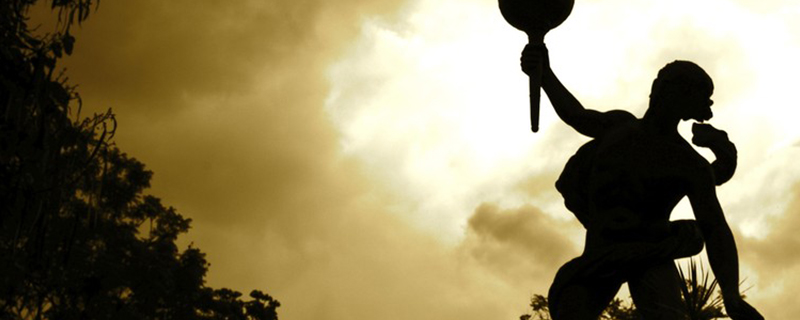What’s wrong with no New Year’s Eve in 2022? Why is there no New Year’s Eve on the calendar?
2022 has a New Year’s Eve, and New Year’s Eve refers to every new year’s Eve.The last day of a lunar year, and this last day is not necessarily the 30th, and occasionally the 29th, so it cannot be said that there is no New Year’s Eve in this year because there is no 30th day of the twelfth lunar month on the calendar.

New Year’s Eve Festival Introduction
New Year’s Eve is the last night of the end of the year.The last day at the end of the year is called "Sui Chu", which means that the old year will be removed and the new year will be replaced.In addition, that means to remove; Xi, refers to the night."New Year’s Eve" means New Year’s Eve, also known as New Year’s Eve, New Year’s Eve, New Year’s Eve, etc.It is the last night at the end of the year.New Year’s Eve is a day to remove the old and clothe the new, reunite the family, and worship ancestors.It is the traditional ancestor worship festival in China along with Qingming Festival, July and a half, and Double Ninth Festival.New Year’s Eve has a special meaning in the hearts of Chinese people.This is the most important day at the end of the year.No matter how far away, the wanderer has to rush home to reunite with his family, bid farewell to the old year with the sound of firecrackers, and welcome the new year with fireworks.
p>The origin of the festival on New Year’s Eve
Years-off is a day to remove the old and clothe the new year at the end of the year.New Year’s Eve, the New Year’s Eve, is connected end to end with the beginning of the year (New Year).The old year is eliminated on this eve, and the new year is changed the next day, so it is customary to call it New Year’s Eve.As a festival at the end of the year, New Year’s Eve originated from the custom of removing the old and clothing the new and worshipping ancestors at the end of the year in ancient times.There is a saying in ancient books:"Heaven and earth are the foundation of life; ancestors are the foundation of kindness." This means that heaven and earth are the foundation of life, ancestors are the foundation of our human beings, and ancestor worship is a custom of inheriting filial piety.
The earliest mention of the name "New Year’s Eve" in the extant literature is the local landscape record "Fengtu Ji" written by Zhou in the Western Jin Dynasty.Later, the day before New Year’s Eve is called the small division, that is, the small New Year’s Eve; the New Year’s Eve is the big division, that is, the New Year’s Eve.In addition, according to "Lu Shi Chunqiu Ji Dong Ji", the ancients used the drumming method to expel the "epidemic ghost" on the day before the new year.It is said that this is also one of the customs of the "New Year’s Eve" festival at that time.New Year’s Eve is usually called New Year’s Eve, but in fact, due to the lunar calendar, the date of New Year’s Eve may be December 30 or December 29, but in any case, it is the end of the lunar year.
New Year’s Eve in 2022
New Year’s Eve refers to the last day of each lunar year, and according to the lunar calendar, the last day of the lunar year is not necessarily the 30th day of the twelfth lunar month day, and sometimes the twenty-ninth.Therefore, it is inaccurate to use New Year’s Eve to represent New Year’s Eve.For example, in the lunar year of 2021, the twelfth lunar month of this year does not have thirty days, but only twenty-nine days.Therefore, New Year’s Eve in 2021 will be on the second day of the twelfth lunar month.On the 19th, there is no New Year’s Eve on the calendar.
However, for 2022, there is no such problem, because the twelfth lunar month in 2022 has 30 days, so the New Year’s Eve of this year is also on the 30th of the twelfth lunar month in 2022.It is January 28, 2023.The New Year’s Eve time in 2021 refers to the 29th day of the twelfth lunar month, which is January 31, 2022 in the Gregorian calendar.

微信扫码关注
更新实时通知
